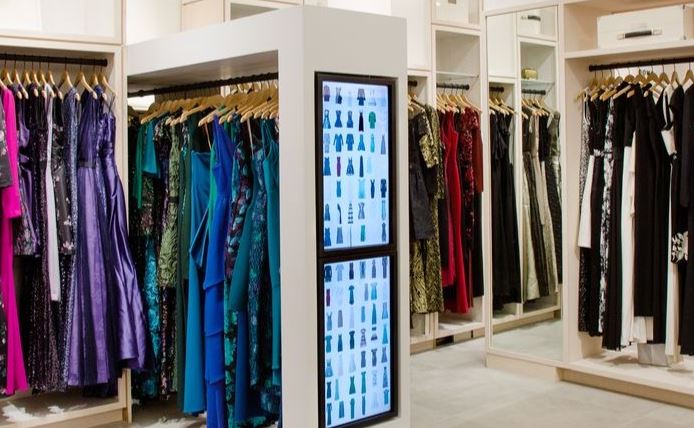Four effective ways brands are tapping into the rental market
The rental market boom is sending a clear signal to brands struggling to survive in the current retail climate: it is time to adapt to changing purchase behaviors, or risk losing market share.
Globally, the online clothing rental market is expected to reach $1.86bn by 2023, according to Allied Market. Disruptive fashion rental startup Rent the Runway, one of the first on the scene in 2009, has recently received a $20m funding injection from Alibaba’s founders and is now said to be valued at just under $800m.
Worldwide brands are now pursuing their own rental strategies in order to own the ecosystem in which the consumer shops. Here, we highlight four effective approaches when choosing to tap into the rental market.
1 – SUSTAINABILITY
Swedish furniture company IKEA has recently announced it is piloting a furniture-leasing program at one of its Switzerland stores, starting with office furniture. The program, which includes refurbishing items once returned and leasing – or even selling – them again, is part of the company’s efforts to develop a circular business model.
Meanwhile Stockholm-based clothing label Filippa K leases its clothes as a way of promoting a more sustainable consumption model within the industry. Customers can rent anything they want for four days at 20% of the full price, with the cost of cleaning the garment included. According to the brand’s sustainability director Elin Larsson, the rental program grew 123% in 2017.
Like Ikea, the initiative is just one part of the brand’s effort to achieve a circular business model by 2030, which also includes goals such as all garments being fully recyclable, achieving a traceable supply chain, and making the business as a whole more resource-efficient, meaning it will produce only what is needed and purchase the right amount of materials to do so.
2- DATA-CAPTURING
Many established brands dipping their toes into the rental market are doing so by teaming with new or more established players in the field in order to gather data about how customers are shopping and behaving.
After years of receiving data from Rent the Runway on how well their clothing is performing as rentals, US designers Prabal Gurung, Jason Wu and Derek Lam are introducing exclusive collections to the platformdriven by consumer preferences.
Another retailer trying to better understand how consumers are behaving is luxury department store Browns, which last year teamed up with rental startup Armarium on a two-week in-store pop-up presenting past season party pieces from designers such as Alexander McQueen and Erdem.
3 – CUSTOMER ACQUISITION
French brand Ba&sh is expanding its US presence and hoping to garner the attention of a wider audience with a concept store in New York offering a rental program where customers can rent pieces entirely free of charge, for the whole weekend. Customers can visit the store and borrow a curated rack of garments from the current collection on a Friday between 5-7pm, as long as they are returned by Monday at 7pm.
With the service, the brand’s founders wanted to make guests feel like they are borrowing clothes from their friends’ closets. “This is an ideal place to test a concept we’d like to try in other major cities where Ba&sh also has a presence,” said Sarah Benady, Ba&sh’s CEO for North America, to French website, Frenchly.
4- NEW REVENUE STREAMS
Express and Ann Taylor are major retailers that have both recently introduced a subscription service for renting their clothes. Following the success of Rent the Runway’s business model and the many alternatives that have flooded the market since, customers to both retailers can rent a limited number of items a month for a set fee.
“The consumer who is more interested in access versus ownership is happening across many industries,” said Jim Hilt, Express’ chief customer officer. “We looked at this evolution and asked, ‘how do we participate?”
In Asia, a region where used clothing often carried negative connotations, brands and retailers are also in on the action, particularly targeting urban workers. Menswear brand Aoki is offering a subscription service, Suitsbox, where for 7,800 yen a month customers can rent a complete outfit composed of suit, shirt and necktie. Retailer Renown, meanwhile, is offering a suit rental service for a flat month fee with a minimum six-month contract.
Source: thecurrentdaily.com




